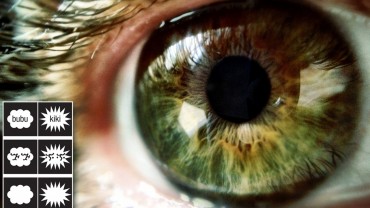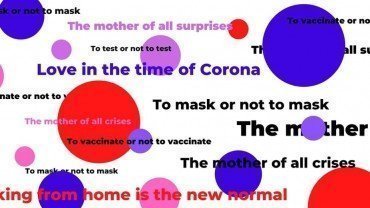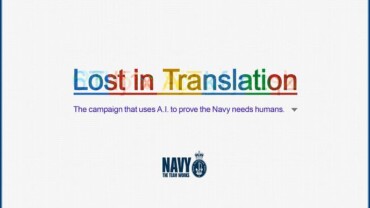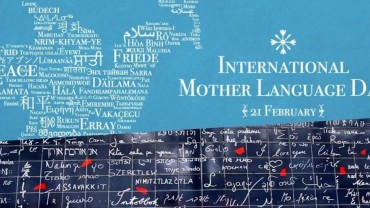Throughout an organisation’s lifetime, it will inevitably undergo at least one form of organisational change. Organisational changes reflect the inescapable and ever-changing reality of the competitive business world. Technologies will continue to advance; outdated systems and processes will continue to be replaced, and the process of organisational change will continue to rear its head, prompting leaders to re-evaluate processes and establish the new…
![The only constant in life [business] is change](https://avalon-linguistic.com/wp-content/uploads/2021/10/Change-the-only-constant-in-life-370x208.jpg)








